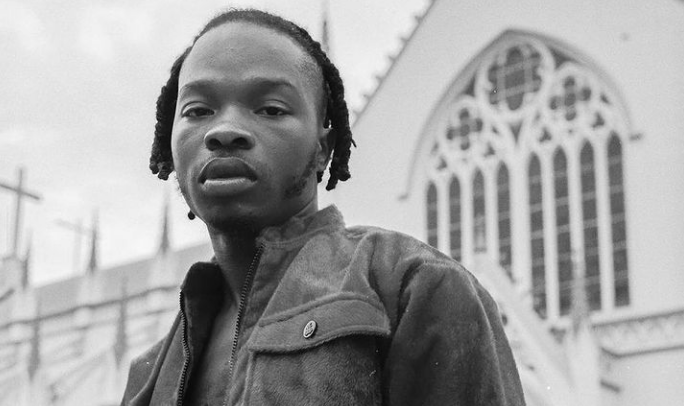Nigerian singer Naira Marley has taken to social media to stress the importance of forgiveness, particularly during the holy month of Ramadan. In a reflective post shared on X (formerly Twitter), the artist emphasized that while Islam is a “perfect and infallible” religion, its followers are human and prone to mistakes.
“Islam is perfect, Muslims are not. If I make a mistake, blame me, but not my religion,” Marley wrote, encouraging a distinction between his personal actions and his faith.
Marley’s Call for Forgiveness
Marley’s comments arrive amid continued public scrutiny following the tragic death of his former label signee, Mohbad. Despite his legal vindication last month, the criticism has persisted. A Yaba Magistrate Court dismissed charges against Naira Marley, Sammy Larry, and Prime Boy concerning their alleged involvement in Mohbad’s passing. Instead, the Lagos Directorate of Public Prosecutions (DPP) declared that Feyisayo Ogedengbe, the auxiliary nurse who treated Mohbad, and Ayobami Sadiq, a close associate of the late artist, would face prosecution for reckless and negligent acts.
Marley has since maintained his innocence, asserting that he had reconciled with Mohbad before his untimely death. He also expressed disappointment over what he described as betrayal by witnesses who testified against him.
A Message of Reflection During Ramadan
The timing of Marley’s statement, during Ramadan, adds deeper significance. In Islam, the holy month is a period of spiritual reflection, repentance, and renewed devotion. Forgiveness is a central theme, both in seeking mercy from Allah and extending it to others. By highlighting this, Marley seems to be appealing for understanding and perhaps even reconciliation with those who have condemned him.
While the controversy surrounding Mohbad’s death continues to stir emotions, Marley’s message underscores a reminder of the personal and spiritual responsibility to forgive — a sentiment that resonates with many observing Ramadan.
The singer’s appeal invites further reflection on the complexities of public perception, personal accountability, and the practice of faith in challenging times.





